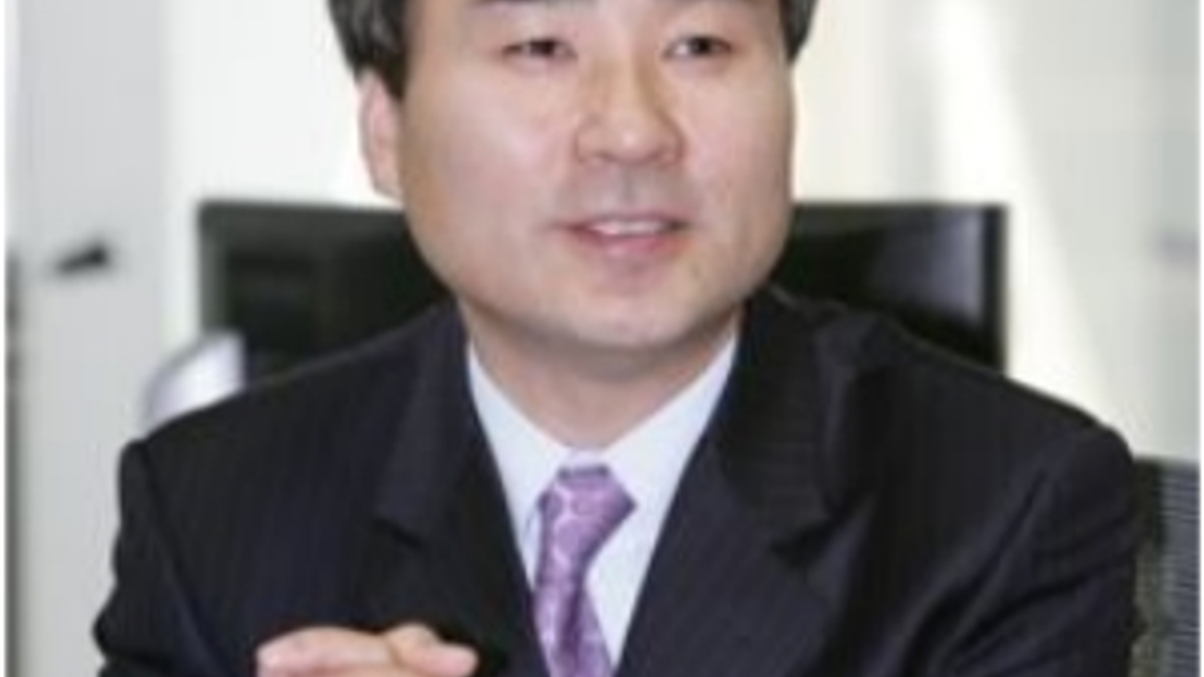Kospi to hit 2,000, says Korea Investment Management
KITMC rebrands as its investment head forecasts a multi-year bull run in Korean equities.

The Kospi index of blue-chip Korean companies will hit 2,000 by the end of this year, predicts Kim Young-il, chief investment officer of domestic equities at Korea Investment Management (KIM).
Sign in to read on!
Registered users get 2 free articles in 30 days.
Subscribers have full unlimited access to AsianInvestor
Not signed up? New users get 2 free articles per month, plus a 7-day unlimited free trial.
¬ Haymarket Media Limited. All rights reserved.


